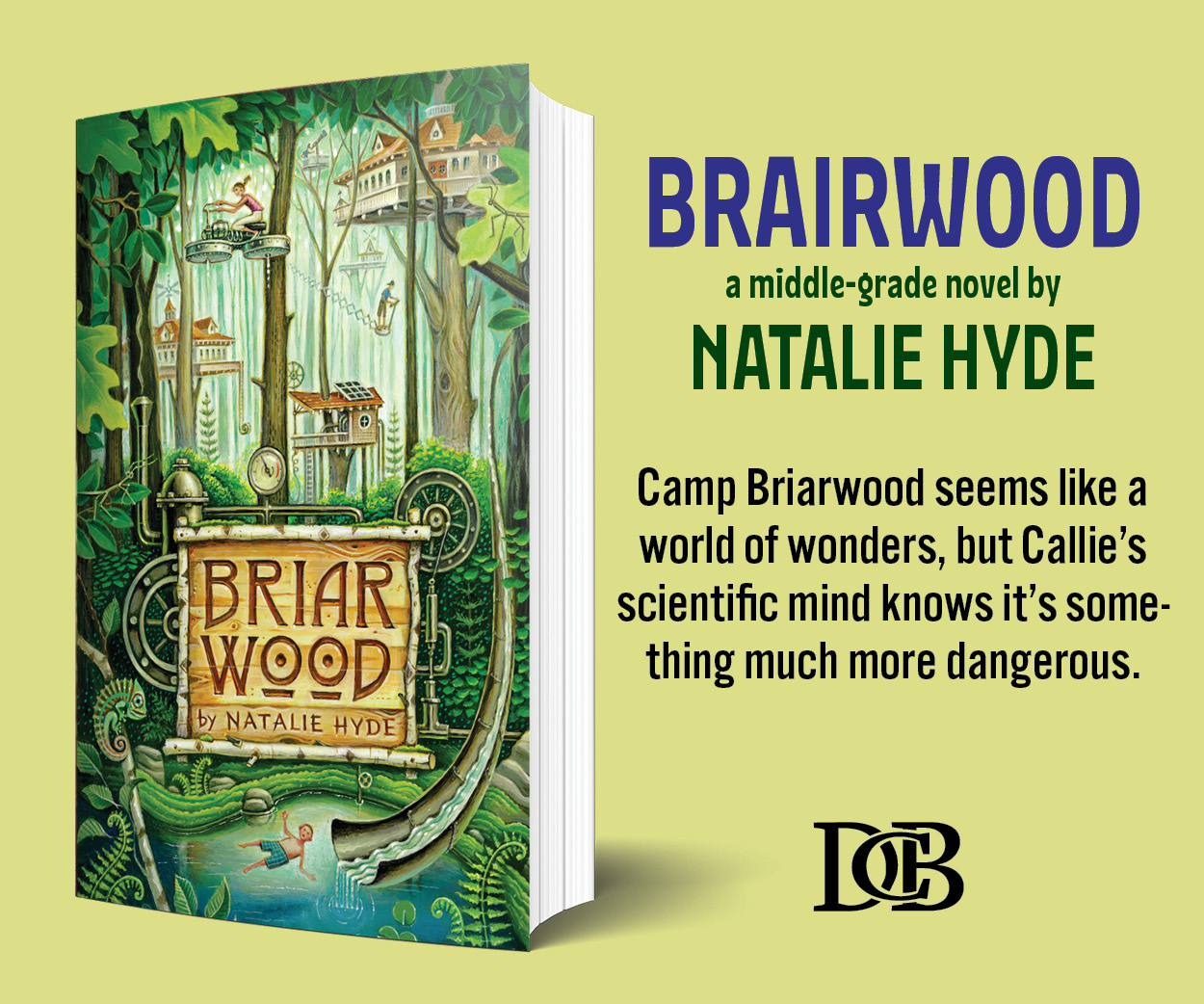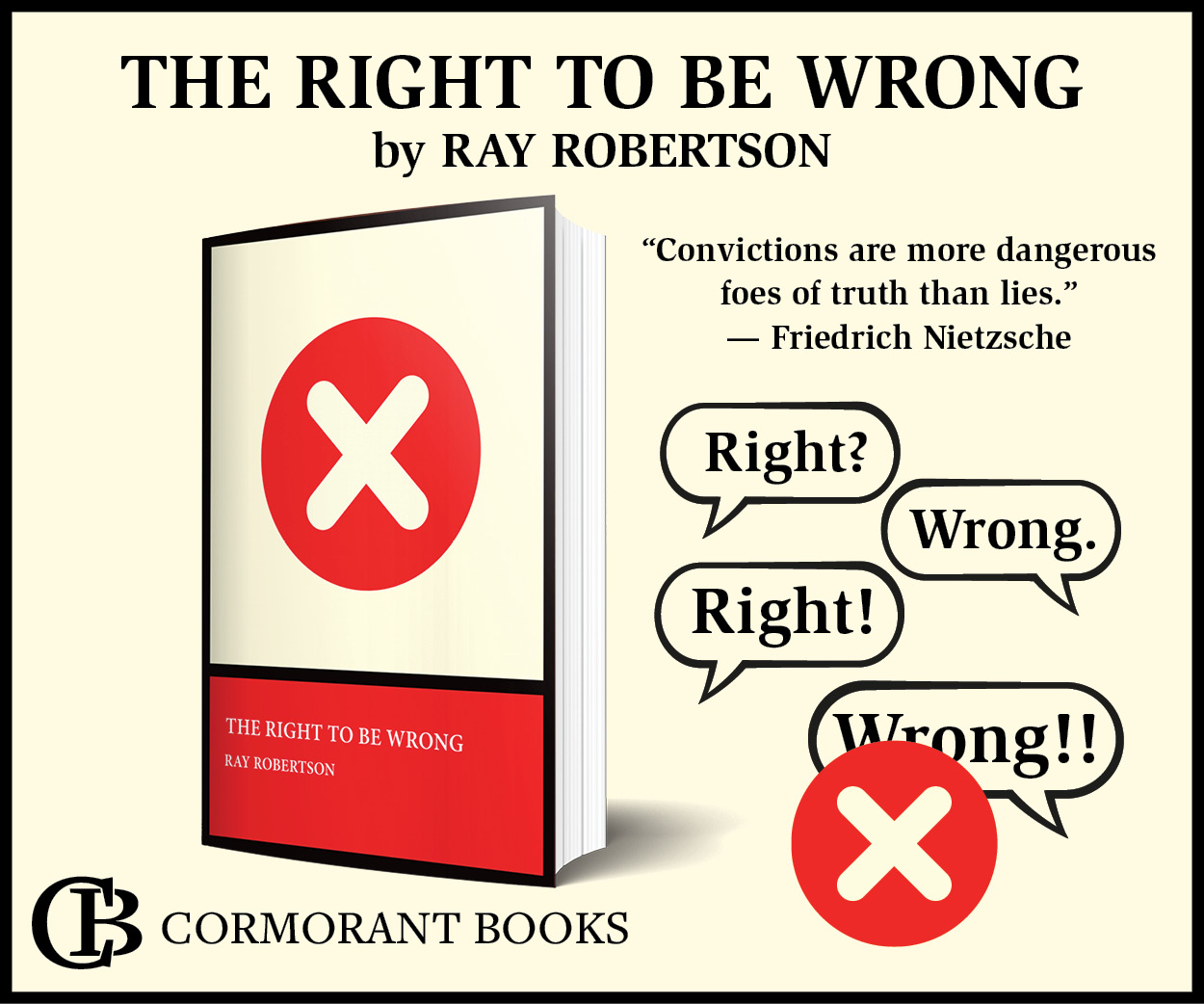Publishing vs Self-publishing
By Dane Swan
In many ways the current publishing structure for literature is obsolete. If you have a fan base of over 100 people willing to purchase your work, and if you can negotiate with graphic designers and editors, the reality is, you can make the same, and potentially more money self-publishing. Furthermore, with companies like Amazon offering print on demand and free e-book publishing services, even lesser known writers can produce a book with reasonable financial risk. However, there are still advantages working with a small press instead of going alone.
Self-published authors need an editor, a publicist and a graphic designer. As independent editor Michael Garrett explains on his website, self-published authors are burdened with the reality that they must hold their work to the same standards as commercial work. However, I would argue that many fail because they do not care. Others may pay for an editor, pay for a graphic designer, and then refuse to use a publicist, or finance a publicity plan. That's fine if you already have fans, but otherwise that's a problem.
A fellow author once asked me, “If a book doesn't get reviewed, does it actually exist?” Personally, if a book doesn't get reviewed, or gain recognition it doesn't exist. This is why publishers are so important.
Garrett also points out that readers look down on self-published works. In a lot of ways publishers accepting a work is acknowledgement of a certain quality standard. Furthermore, the better small presses take publicity seriously. They have someone on staff who handles promoting their books, and often collaborate with their authors while creating a marketing plan. However, just like self-publishing a book, the success of a book is often in direct correlation with an authors willingness to work after the book is published.
Another benefit that working with a publisher provides is someone else takes the initial risk. The publisher hires an editor, a graphic designer, publicist, handles distribution, and they pay for the book to be printed. Yes, there are interviews to do, readings to book, etc, but someone else is doing the administrative heavy lifting.
Your CanLit News
Subscribe to Open Book’s newsletter to get local book events, literary content, writing tips, and more in your inbox
Furthermore, only a limited amount of literary awards recognize self-published work. Often, those awards put self-published work beside work that has professional type-setting, graphic design polish and every other advantage a press gives an author.
More writing unions are recognizing self-published authors, however, as publishers act as an industry quality control, so do unions.
As a vanity project, self publishing has it's place. A micro-press finding their way I would encourage to use self-publishing tools. Authors seeking a way to break in, using sales data, and reviews for a future book proposal with a press, I would encourage to self-publish. However, with the stigma tied to self-publishing work, the administrative work demanded by the author, lack of proper distribution, and the ability for an author to buy copies of their work at cost from a small press and make similar profit as a self-published author; even at the smallest scale, there are significant advantages to being a published author.
The views expressed in the Writer-in-Residence blogs are those held by the authors and do not necessarily reflect the views of Open Book.
Dane Swan is a Bermuda-raised, Toronto-based internationally published poet, writer and musician. His first collection, Bending the Continuum was launched by Guernica Editions in the Spring of 2011. The collection was a recommended mid-summer read by Open Book: Toronto. In 2013 Dane was short listed for the Monica Ladell Award (Scarborough Arts) for his poem "Stopwatch."


